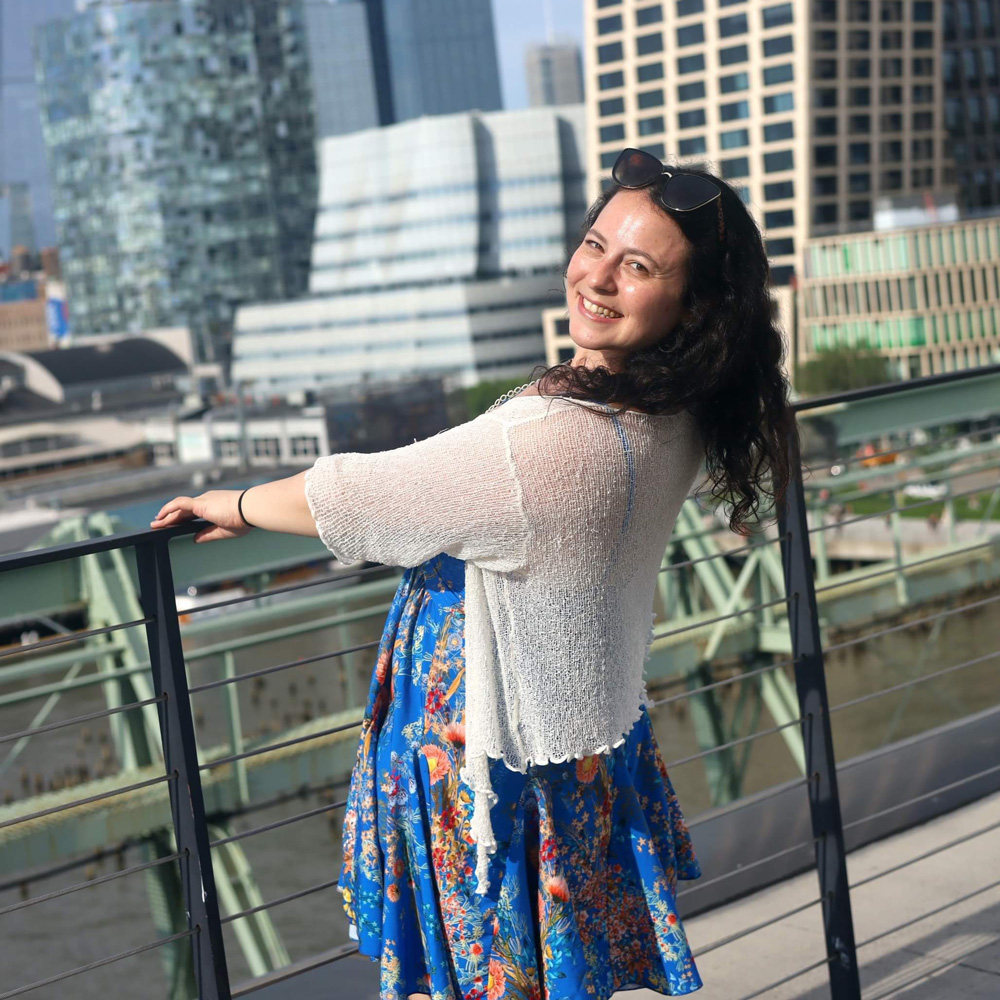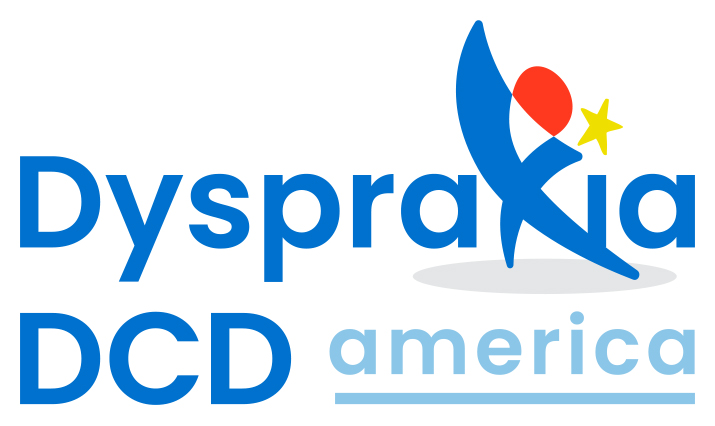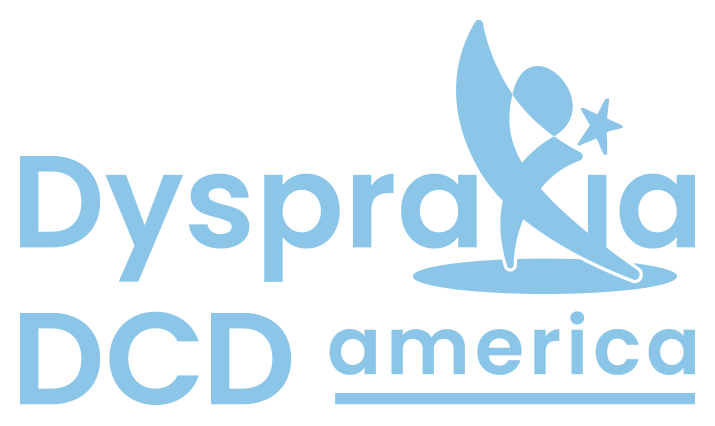
My name is Arielle Harding, and I have speech apraxia and dyspraxia. I work full-time in marketing. Outside of work, I enjoy photography, videography, swimming, Brazilian Jiu-Jitsu, and traveling.
When did you or your parents become aware that there was something unique about you? What did they notice?
When I was around two years old, my mom noticed that I often left out vowels or certain letters when speaking. I was soon diagnosed with speech apraxia and started speech therapy.
A few years later, around age five, my coordination issues became more noticeable, but they were inconsistent. I had no trouble learning to ride a bike or swim, yet I struggled with other tasks like tying my shoes or holding a pencil properly. I’m not sure when I was diagnosed with dyspraxia—probably around age seven—but my mom, who was very attentive, likely helped recognize it.
How were your challenges addressed at home, school, or work (including any therapies you received, if you’re comfortable sharing)?
I went to speech therapy and some occupational therapy. Also just having supportive parents who would work with me on things really helped—sometimes I just needed to practice a skill more times then the average person or break it down into smaller steps and then I would get it.


Which therapies/approaches were most effective?
This may be simple—but really just having individual help, one-on-one tutoring in specific skills I was struggling with. I don't remember it too much but I think occupational therapy when I had individual attention was helpful.
What coping strategies do you find most helpful in your daily life?
Just believing in myself and that I may struggle with certain things—but it's not that I can't do it, I just may need to take extra steps or work a little harder than the average person. Also, when I am struggling with a task, breaking it down into smaller steps helps. I also have lots of activities and passions which keep me happy.
What would you like others to understand about Dyspraxia/DCD?
I want people to understand that individuals with dyspraxia are capable of doing everything others can; they may just need to learn in different ways or take a bit more time. People with dyspraxia can achieve great success, and it’s important not to overlook them when they’re struggling. Instead, offer support and understanding.


